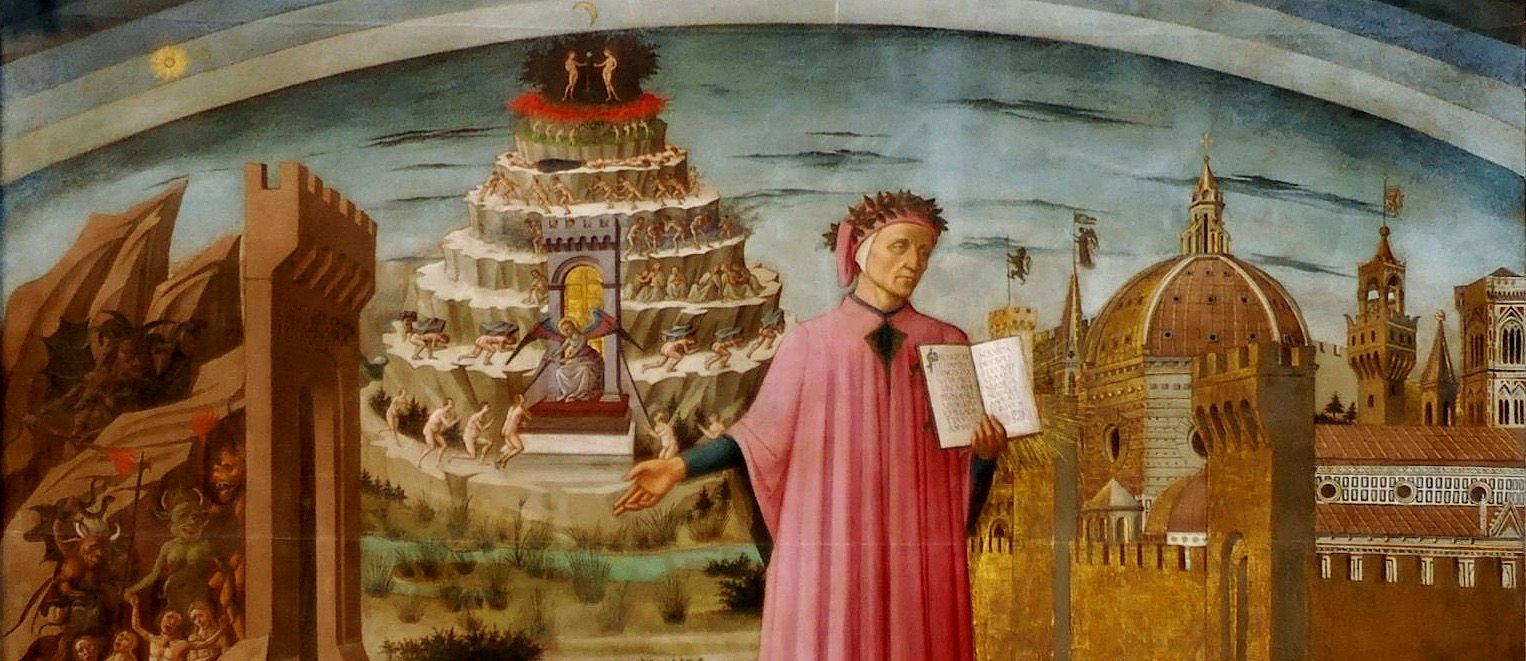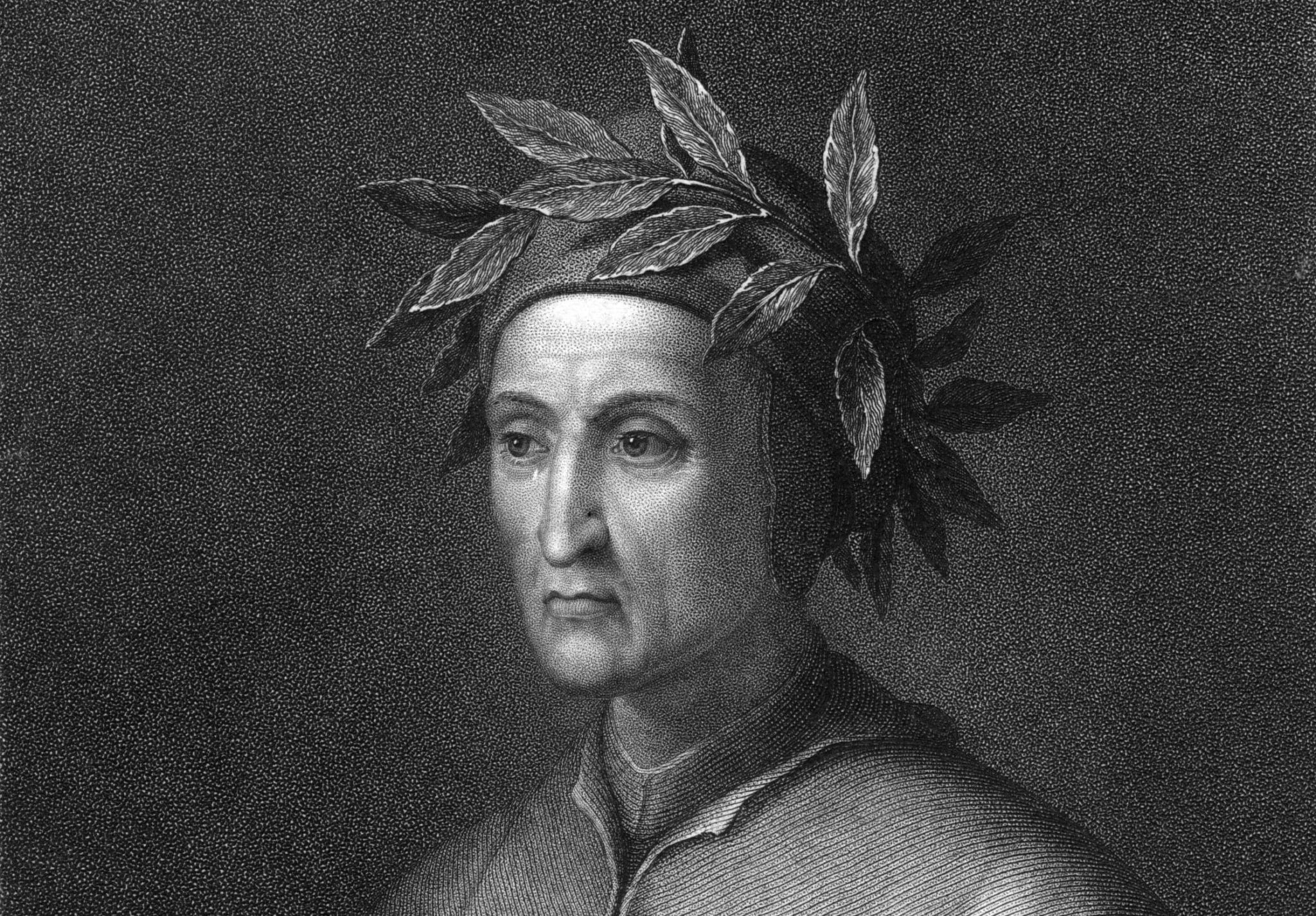“The modern study of historical philology and the discovery of the family tree of Indo-European languages started in the late 18th century. The fuel that took fire from the spark of insight in William Jones’s astonishing paragraph had been gathered over generations, since about 1500, by scattered minds in Europe and South Asia.
“But before that? What did medieval Europeans know or think about their own language map? Latin still was spoken and written in the Church. And the tongues we know as Spanish, Italian, and French were in the air, obviously related to Latin and obviously brethren to one another.
“Dante, in exile about 1300, began a book meant to guide the development of Italian poetics. A language without a literature is a body without a head, and he meant to free his native people from the artistic dominance of Provençal troubadours and Parisian romance-spinners. He sought to winnow the dialects of Italy and discover the ideal medium for a true native Italian literature. (No prize for guessing he would find that ideal in his own Florentine.)
“He dropped it after a few chapters, but what he finished of ‘De vulgari eloquentia‘ contains an explanation in medieval terms of the linguistic map of Europe. It is in the introduction, setting the stage for the argument Dante intends to make.
“Dante begins by stating something obvious to him, and no doubt to his peers, that might seem strange to us. In most of the world around him, he says, there are two languages in the same place. Call them ‘low’ and ‘high,’ or ‘vulgar’ and ‘classical,’ or ‘common’ and ‘learned.’ Dante calls the first ‘vulgar’ or ‘vernacular.'” —”Dante’s Peek,” Etym Online, May 24, 2020 (retrieved March 21, 2024)





